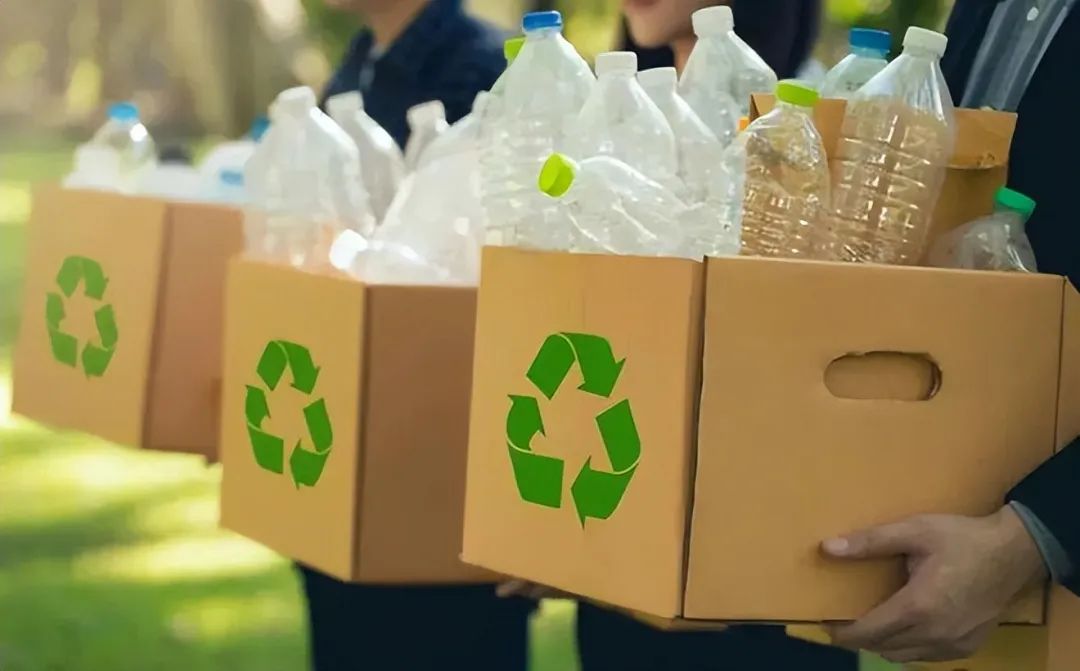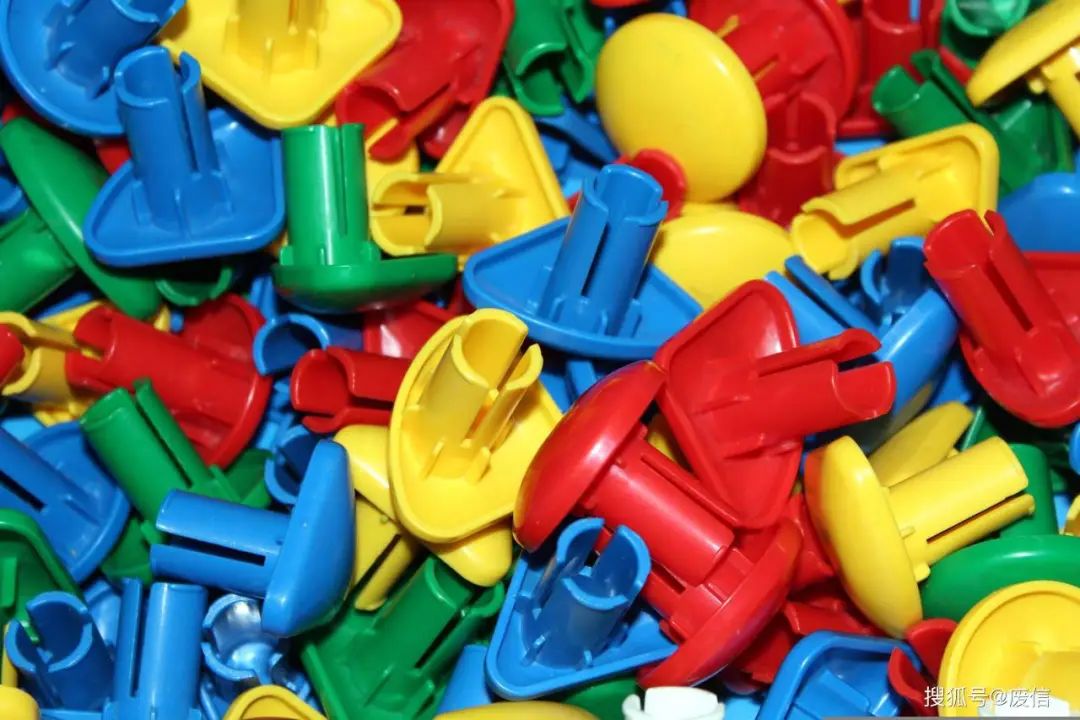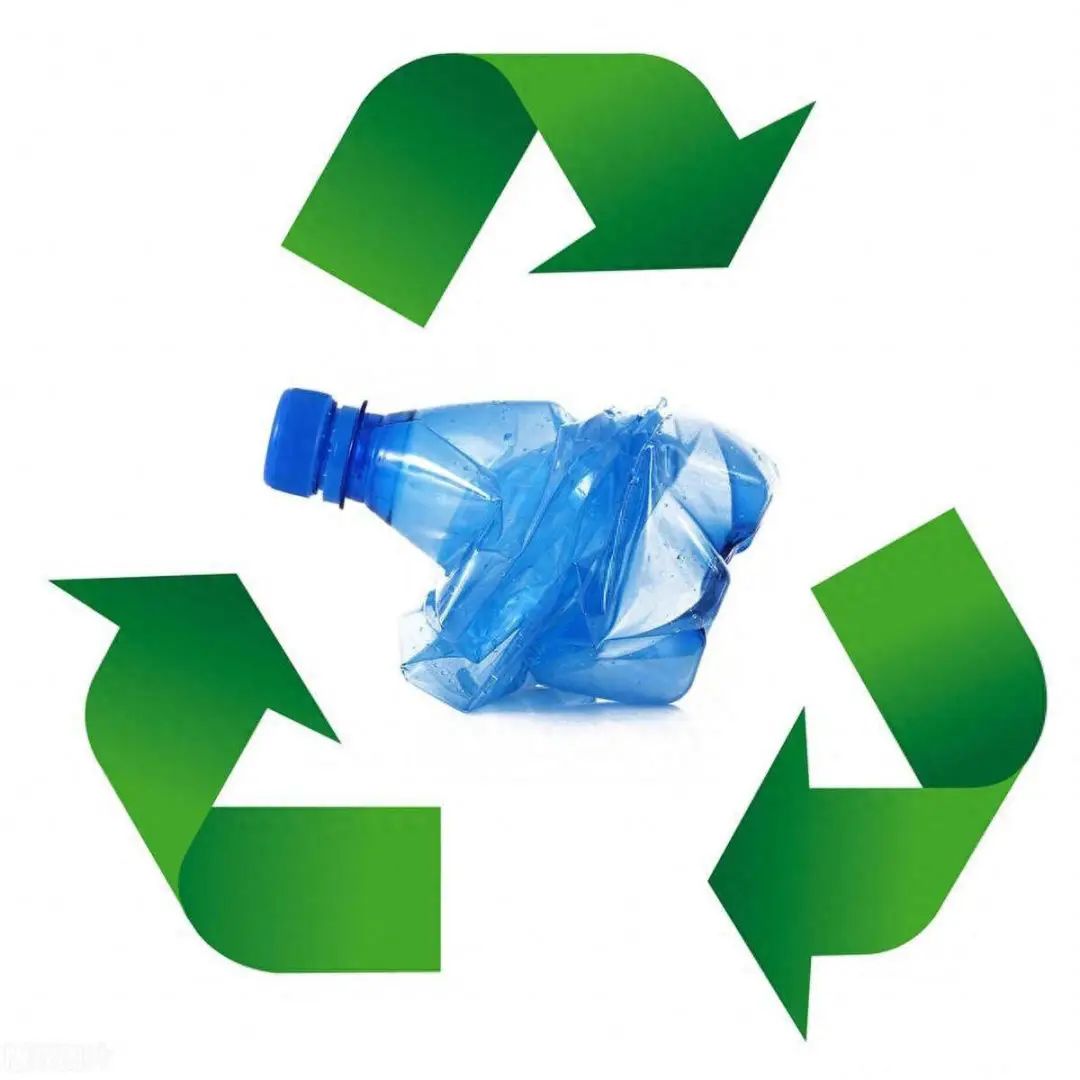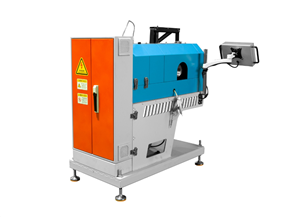Foreign Plastic Observation | New Developments in Recycled Plastics in Japan: Policy Leadership, Industry Transformation in Progress!
Under the global environmental wave, plastic recycling has become a key issue for sustainable development. In 2025, Japan will take frequent actions in the field of recycled plastics, and a series of policies and industry developments will attract attention.
Policy 'Tightening Curse': Coercion and Incentives Parallel
Japan is planning a major overhaul of the Resource Efficient Utilization Promotion Act at the regular Diet session in 2025. The revised law will put a "tight spell" on manufacturers, requiring them to set specific targets for the use of recycled plastics and report progress on time.
For those enterprises that do not meet the standards, they may face suggestions, supervision, and even fines. This policy signal is very clear: Japan is determined to promote the development of the recycled plastic industry and encourage enterprises to accelerate their green transformation pace.

Enterprises are getting on board one after another: green manufacturing has become a trend
The automotive industry is at the forefront. Honda plans to collaborate with chemical manufacturers and recycling companies to build a supply chain for recycled plastics around 2040, and also plans to reduce 60% of new car plastic types. Nissan is also considering investing in Renault's recycling department to use recycled plastics from scrapped electric vehicles in new cars assembled in Europe. Toyota has a clear goal: by 2030, the weight of recycled plastic in new cars manufactured in Japan and Europe should account for more than 30% of the total plastic in vehicles.
Other industries are also unwilling to fall behind. With the tightening of environmental policies and the increasing awareness of environmental protection among consumers, manufacturers in industries such as electronic devices and packaging are gradually increasing the proportion of recycled plastics used. A green manufacturing revolution is spreading across various industries in Japan.
Technological breakthrough: improving the quality and increasing the speed of recycled plastics
The continuous improvement of physical recycling technology optimizes the process of reprocessing plastic waste into new products, enhances the quality and performance of recycled plastics, and enables them to adapt to more high-end application scenarios. Chemical recycling technology is also increasing research and application efforts, obtaining new raw materials through chemical decomposition of plastic waste, expanding the sources of recycled plastics, improving production efficiency and quality, and injecting new vitality into the recycled plastics industry.

Market Waves: Dual Variations of Cost and Demand
From a cost perspective, the current cost of plastic recycling is still higher than producing plastic from fossil resources. Once regulations are implemented, the increase in product prices may be perceived by consumers.
But from the demand side, policy driven and sustainable development concepts of enterprises have led to a continuous increase in demand for recycled plastics in Japan. This will undoubtedly bring broad development space to the recycled plastic market, attract more enterprises to participate, and form new industrial growth points.
New Journey of Environmental Protection: Towards a New Era of Circular Economy
Japan's mandatory use of recycled plastics by manufacturers is an important measure to reduce plastic pollution, achieve decarbonization goals, and a crucial step towards a circular economy. Increasing the proportion of recycled plastic usage can not only reduce dependence on fossil resources and carbon emissions, but also significantly reduce plastic waste, lower environmental pollution risks, and alleviate the burden on the earth's ecology.
Japan's new initiatives for recycled plastics in 2025 have profound implications for both domestic industrial upgrading and global environmental protection.





